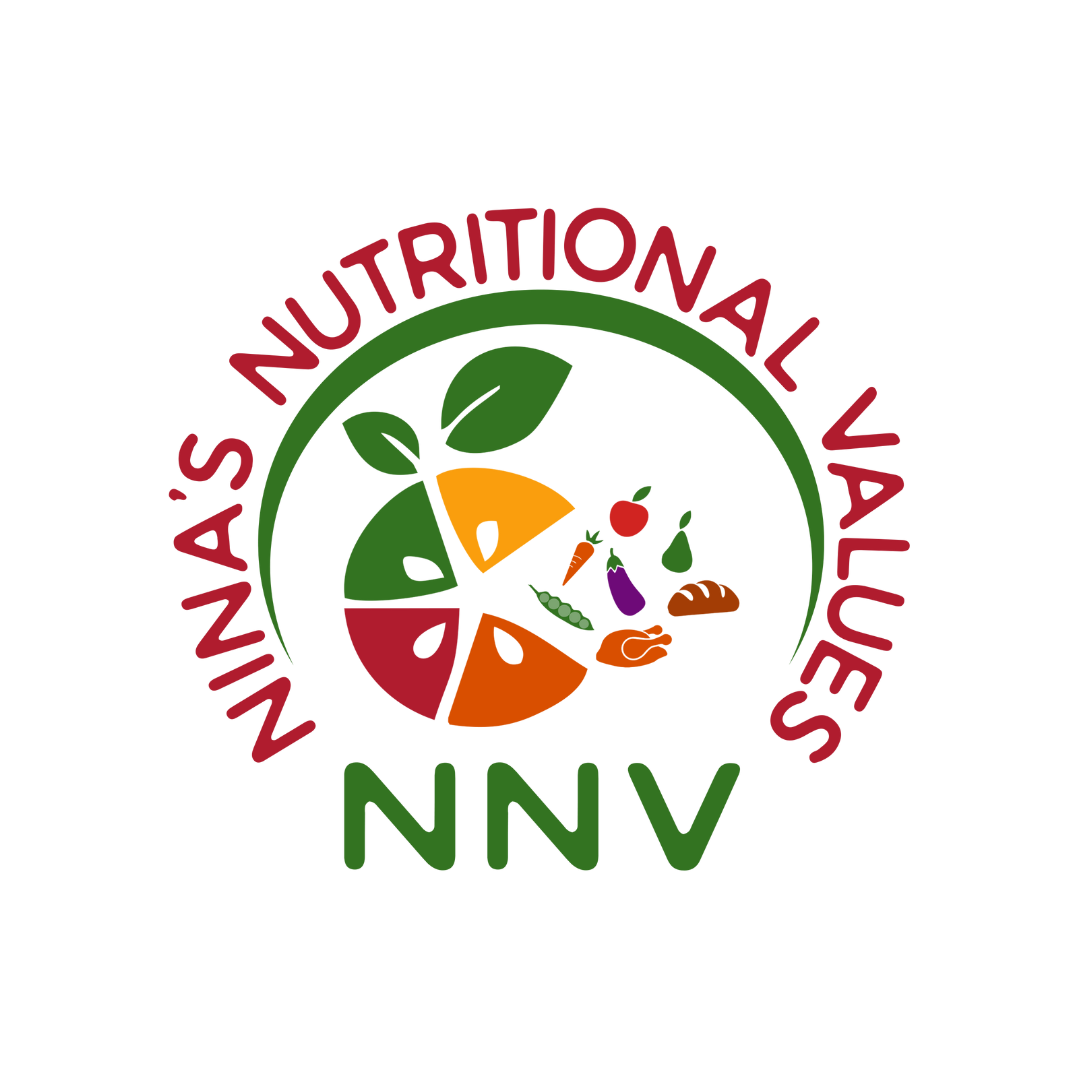Foods to Enhance Digestion and Gut Microbiome
Cultivating a healthy microbiome is a delicate balance. When you grow too much of certain bacterial strains or not enough of others, it can disrupt your whole-body health. A balanced microbiome improves digestion and supports immunity, hormonal balance, weight loss, and more.
Signs of microbial imbalance include:
Constipation
Diarrhea
Heartburn
Bloating
Gas
Brain fog
Insomnia
Intense sugar cravings
Decreased immunity
Unexplained weight gain
Difficulty losing weight
Understanding Fiber
The average adult requires between 25 to 30 grams of fiber per day, sometimes more. Fiber falls into 2 categories, soluble and insoluble. You need a diverse range of both sources for optimal gut health. You also need to incorporate prebiotic foods and probiotic foods. Prebiotic foods encourage the growth of bacteria you don’t have enough of, and probiotic foods fuel existing bacteria.
Soluble fiber: Psyllium husk is a popular type of soluble fiber. Soluble sources dissolve in water, forming a gel-like substance. They slow down digestion when you have diarrhea.
Insoluble fiber: Insoluble fiber doesn’t dissolve in water. It passes through your digestive tract without being digested, easing constipation and keeping you “regular”.
Fiber Isn’t The Only Factor
While fiber is key, it’s far from the only factor:
If you consume enough fiber but eat a diet high in sugar and processed foods, your microbiome may not be balanced.
If you don’t exercise or drink enough water and hydrating fluids, your digestion may remain sluggish.
Many over-the-counter and prescription medications create digestive issues and disrupt the microbiome.
5 Foods That Improves Digestion
#1 Fruits and Vegetables
Fruits and vegetables are excellent sources of fiber, and key to improving your digestion. In addition to consuming 3 to 5 servings of fruits and vegetables each day, eat a diverse range of produce and fresh or dried herbs. This provides a wider range of nutrients that promote microbial balance. Aim to eat dark leafy greens every day as they contain a unique sugar molecule that’s crucial for inhibiting the overgrowth of certain bacteria.
#2 Fermented Foods
Fermented foods, including pickles, olives, kimchi, and sauerkraut make excellent side dishes. They contain fiber, antioxidants, and probiotics. Probiotics are formed during the fermentation process, adding to the nutrient value of eating the same vegetable fresh.
#3 Nuts, Seeds, and Legumes
Get into the habit of sprinkling nuts, seeds, and legumes in and on different meals, and have fun experimenting with different bean and legume side dishes. This increases your fiber intake, improves digestion, and provides a wider range of amino acids that many diets are missing.
#4 Whole Grains
Toxic diet culture gives carbs such a bad rap that it’s easy to forget that whole grains are a primary source of energy and fiber. The key is in reading the label. “Made with whole grains” may mean there are “some” whole grains, but not much. Processed grains have less fiber. Choose products that are 100% whole grain and have at least 3 grams of fiber per serving.
#5 Lean Protein
The less fat in the foods you consume, including meat, the easier it is for your body to digest. High-fat meat prompts your body to create more bile to break fats down, which increases the likelihood of acid reflux. So, limit red meat, processed meat, and fatty meat that slow digestion and increase your risk of cardiovascular health concerns.
Let’s Discuss How to Balance Your Microbiome
A balanced microbiome improves digestion. If you’re experiencing the symptoms above, or you’ve received test results that indicate your microbiome is imbalanced, it’s time to personalize your nutrition. As a dietitian, I choose foods that support your whole-body health objectives, including foods that help to restore microbial balance and ease your digestion.


